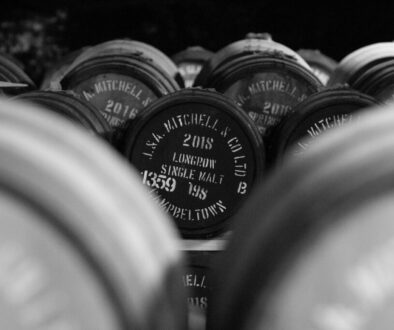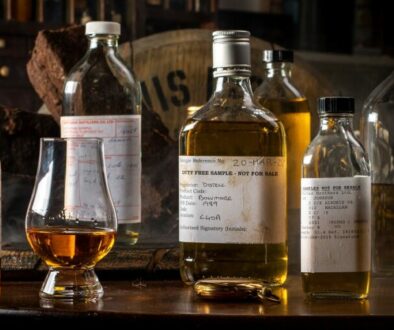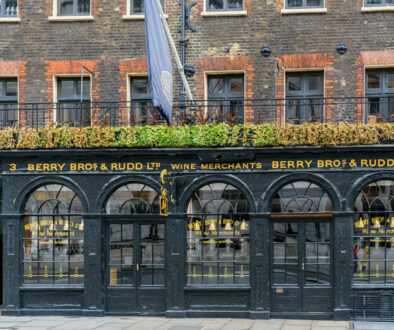In recent weeks, journalist Felipe Schrieberg has written an article for Forbes discussing the top four tips to avoid cask investment scammers and features Mark Littler as an industry expert.
The article highlights the main areas of potential risk when choosing to invest in whisky casks, and these areas are in strong alignment with the information that Mark Littler Ltd has presented regarding cask investment. . The four tips included in this article include:
- Avoid firms that mention a 586%, 564%, or 562% 10 Year ROI
- Beware claims of ‘guaranteed returns’
- You don’t really own a Scotch Whisky cask without a Delivery Order
- The scams are still around”
Firstly, Schrieberg picks up on the misuse of the Knight Frank Rare Whisky Index, noting that cask scammers often use this index to suggest a 10 year return of over 500%. This is despite the fact that the Knight Frank index only tracks the prices of 100 rare bottles of whisky and in fact doesn’t include casks at all.
The article goes on to highlight the use of the phrase ‘guaranteed returns’ as a signifier of a cask scam. As of 2021, there is still no reliable method of measuring overall cask performance and using past growth as a ‘guarantee’ of 10-20% annual gains is misleading and indicative of a company twisting information. Schrieberg consults Mark Littler when discussing cask returns and the misinformation given by cask scammers, and quotes: “single malt Scotch whisky is now an internationally recognised luxury asset, so the gains that have historically been possible are not necessarily going to be possible going forward”.
The third, and perhaps most vital, area discussed in the Forbes article is the need for a Delivery Order. Delivery Orders are an area of cask investment that we have been pressing for a long time as without one the cask does not transfer ownership. As Schrieberg explains, many companies will issue a ‘ownership certificate’ rather than a delivery order but this is not a substitute and doesn’t have any legal merit. Often cask scammers will dispute the need for a delivery order by suggesting that to own your cask you would need a WOWGR, that is to be on the register of Warehousekeepers and Owners of Warehoused Goods Regulations but this is not the case. More can be read about WOWGRs on our blog.
The final warning in the Forbes article is that cask scams still exist. Here Mark Littler is cited again as he warns that often the pitches made today resemble the whisky scams of the past: “The resemblances to these old scams, including inflated sales prices, no transfer of ownership, misleading sales information, manipulated/falsified returns, and Ponzi selling, to the practices of some firms today is quite remarkable.”
If you are thinking of investing in a whisky cask, make sure you do your research. The Forbes article is a fantastic introduction to what you should be looking for in your investment, and check out the whisky education articles on our blog.



